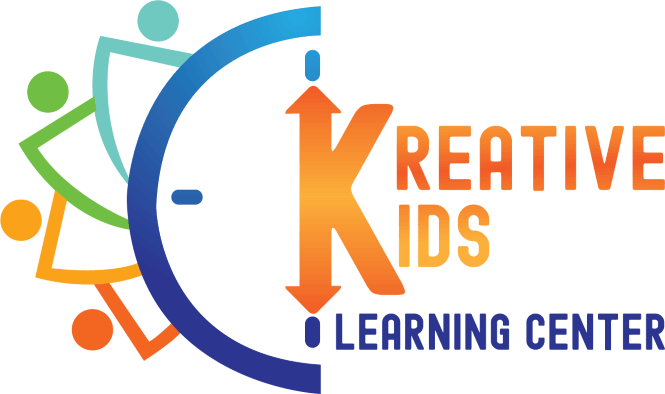Childcare is a regulated and licensed early learning option for families. As a facility of such high standard, we consider childcare an early learning opportunity for families that are in need of this essential service.
High-quality early learning classrooms are joyful places where children actively move about, explore materials, interact with others, laugh, sing, and dance. Because a preschool classroom is structured differently from a classroom for older children, some mistakenly assume that preschool children are not learning anything important. Nothing could be further from the truth. Young children learn through play, and for that reason, quality early learning classrooms are strategically designed to engage children in purposeful play, encouraging them to be active participants in their own learning.
Unfortunately, respect by the general public for a career in education is not very high, let alone early childhood education. Teachers, are people who chose to embrace a calling greater than society’s view and salary. Somewhere along the establishment of education, categories and labels were created to measure value. If you were a math and science teacher, you were smarter than a social studies teacher. If you were a highschool teacher, you are more qualified than an elementary school teacher, so on and so forth. Early childhood is a field growing and developing, still very young in it’s science, it maintains the stigma of not teaching. This could not be farther from the truth. Early childhood educators are in fact teachers, ranging from bachelor’s degrees, associate degrees, child development credentials, and continued annual professional eductional trainings.
No one is more ready for learning than young children. While the brain continues to grow throughout the human lifespan, the most rapid brain development occurs in the first few years of life. In fact, young children grow over a million neural connections every second, faster than at any other time in their lives. After age five, brain growth slows and existing neural connections become hardwired into the brain, serving as the foundational mortar upon which all other learning will be built. The brain is a highly integrated and complex organ, and the strength of the brain’s foundation affects learning, behavior, and health throughout life. One way to help ensure young children develop strong brain architecture is through high-quality early learning before the age of five.

